11 GPTs for Clinical Review Powered by AI for Free of 2026
AI GPTs for Clinical Review are advanced computational tools designed to assist in the interpretation, analysis, and management of clinical data. These tools leverage Generative Pre-trained Transformers (GPTs) to automate and enhance the clinical review process, offering tailored solutions for handling medical documents, patient records, and research papers. By understanding and generating human-like text, they facilitate a more efficient review process, providing valuable insights and decision support in clinical settings.
Top 10 GPTs for Clinical Review are: Med Clinic Exam Helper,Radiology reporting assistant,Medical Chronology - CaseMark AI,Medical Journal Club GPT,Clinical Evidence Analyzer,USMLE Step 2 CK,ProtoRev,MediDoc AnalystGPT,Respiratory SCE Tutor,MediSummary
Med Clinic Exam Helper
Your AI-powered exam study partner.
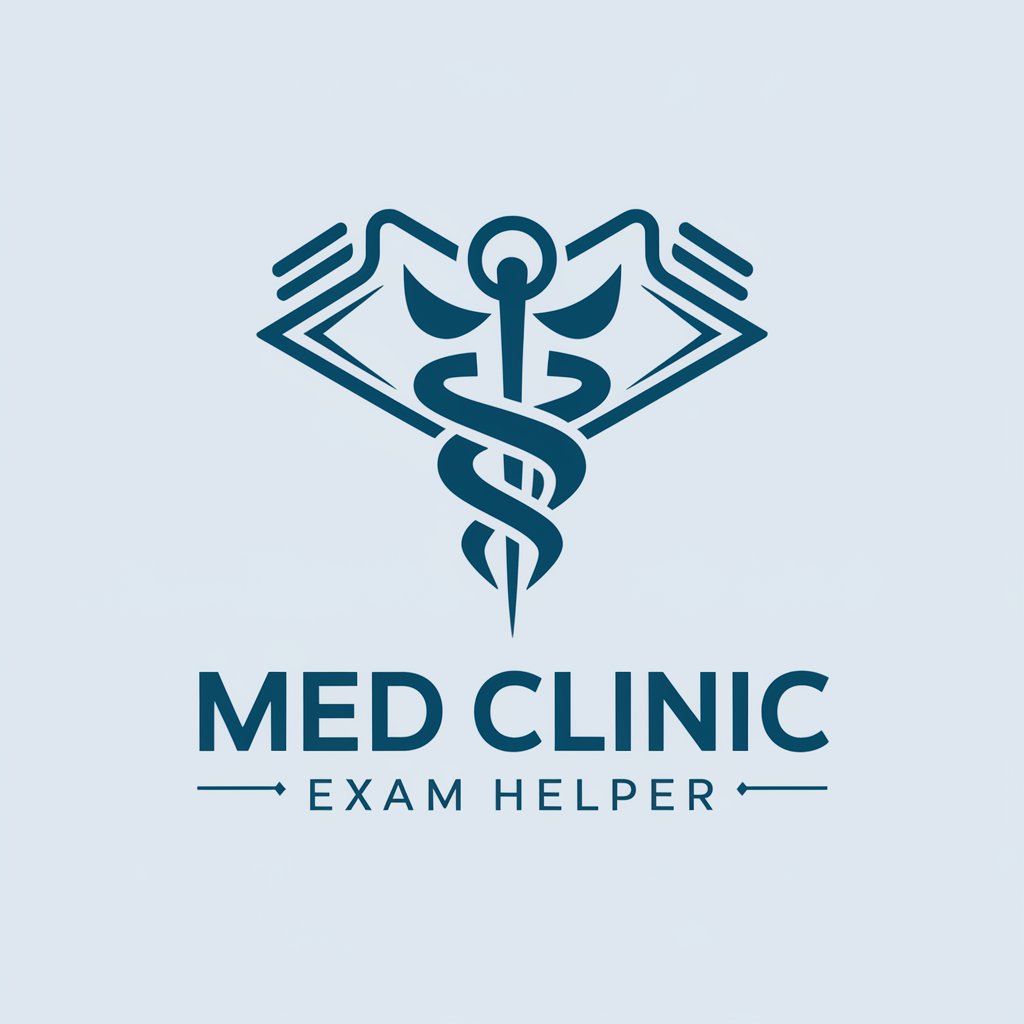
Radiology reporting assistant
Elevate Accuracy, Enhance Care
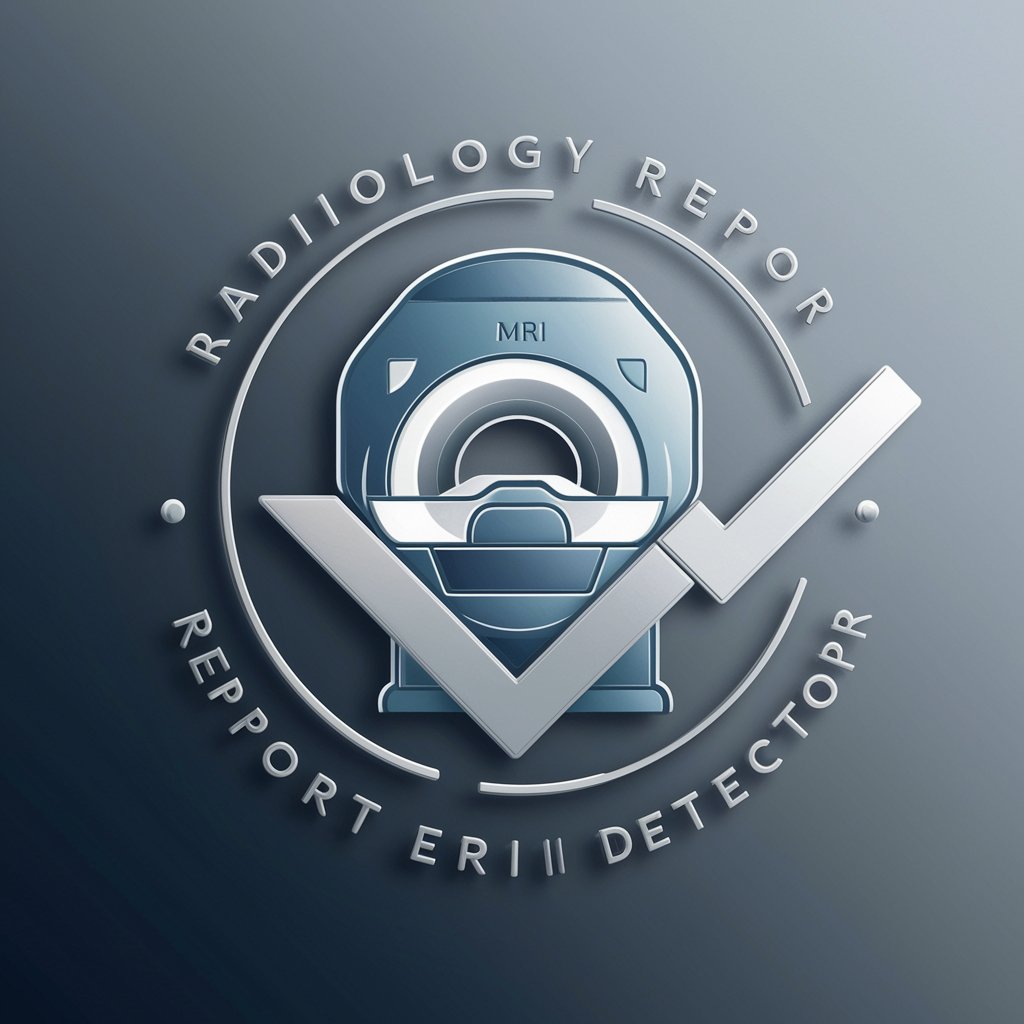
Medical Chronology - CaseMark AI
Streamlining Medical Records with AI
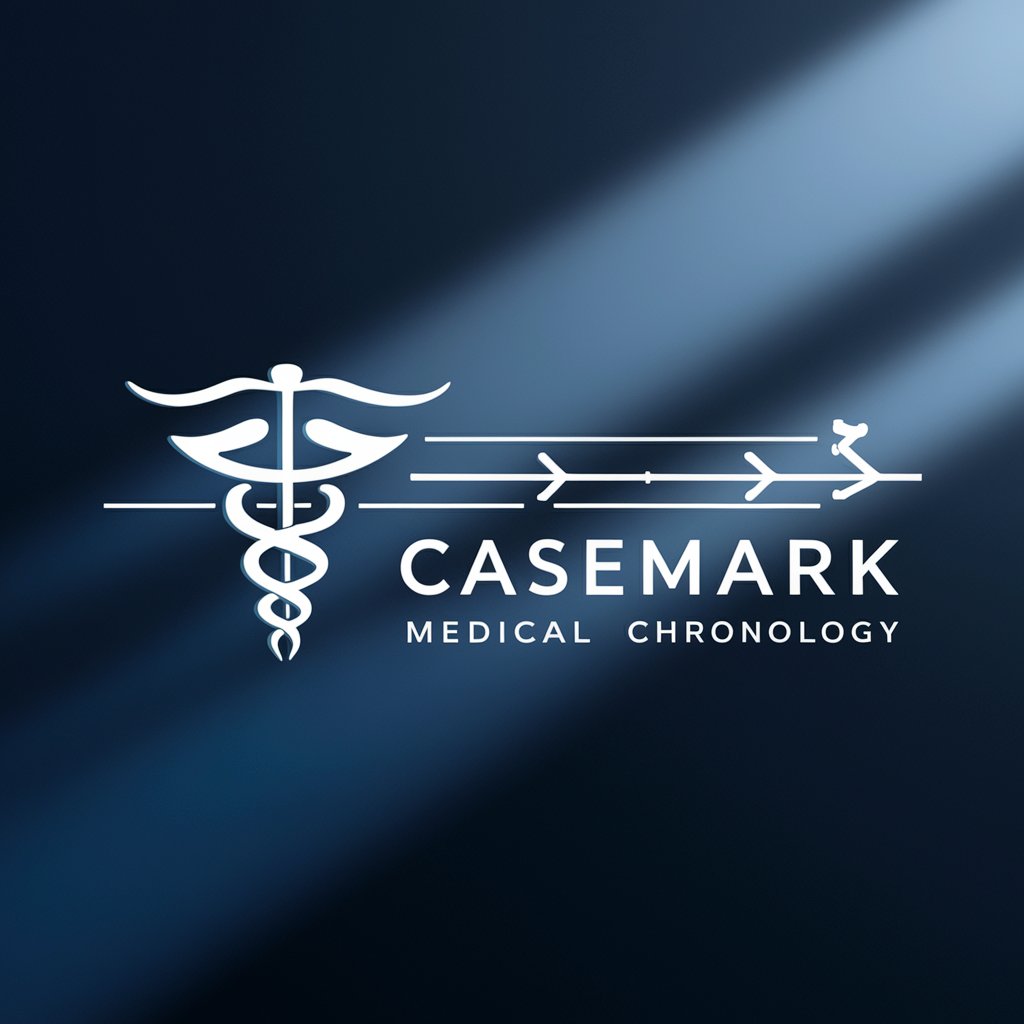
Medical Journal Club GPT
Transforming Medical Literature with AI
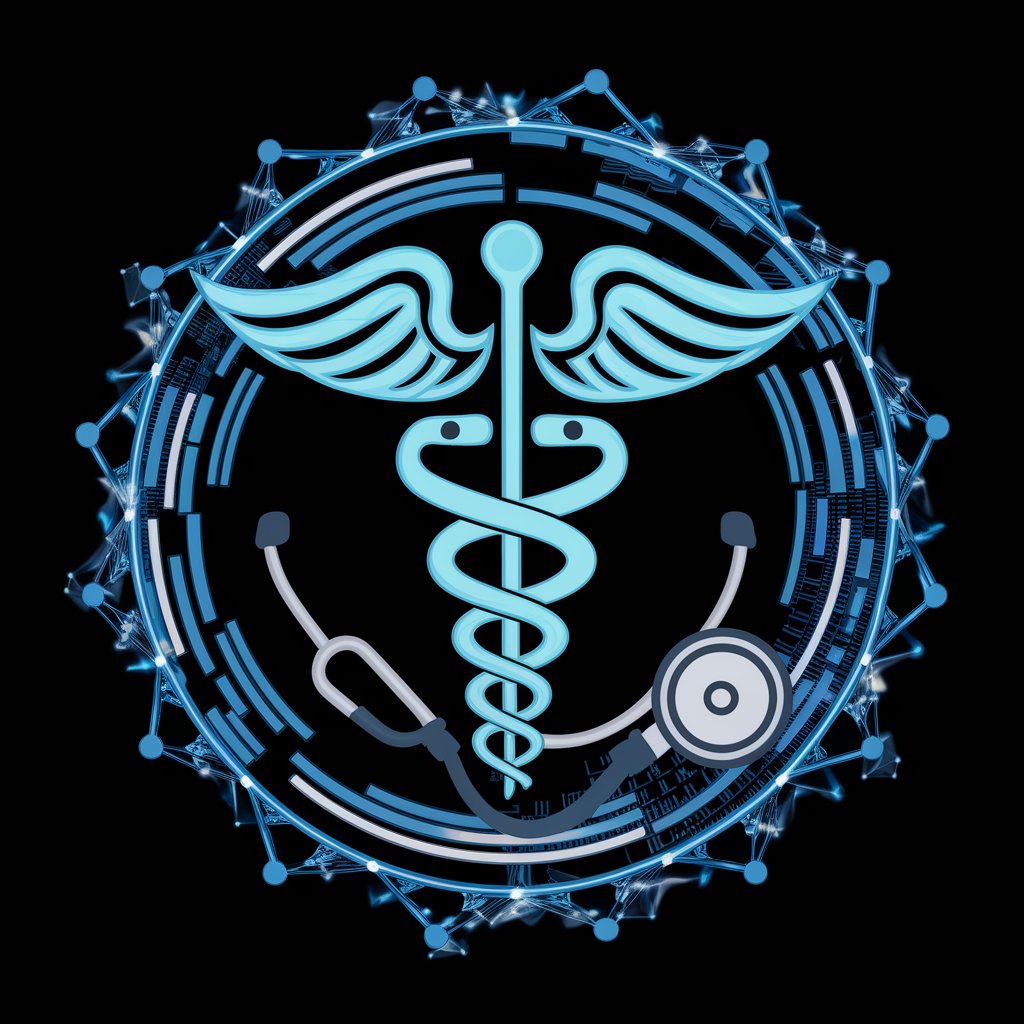
Clinical Evidence Analyzer
Decipher Clinical Studies with AI
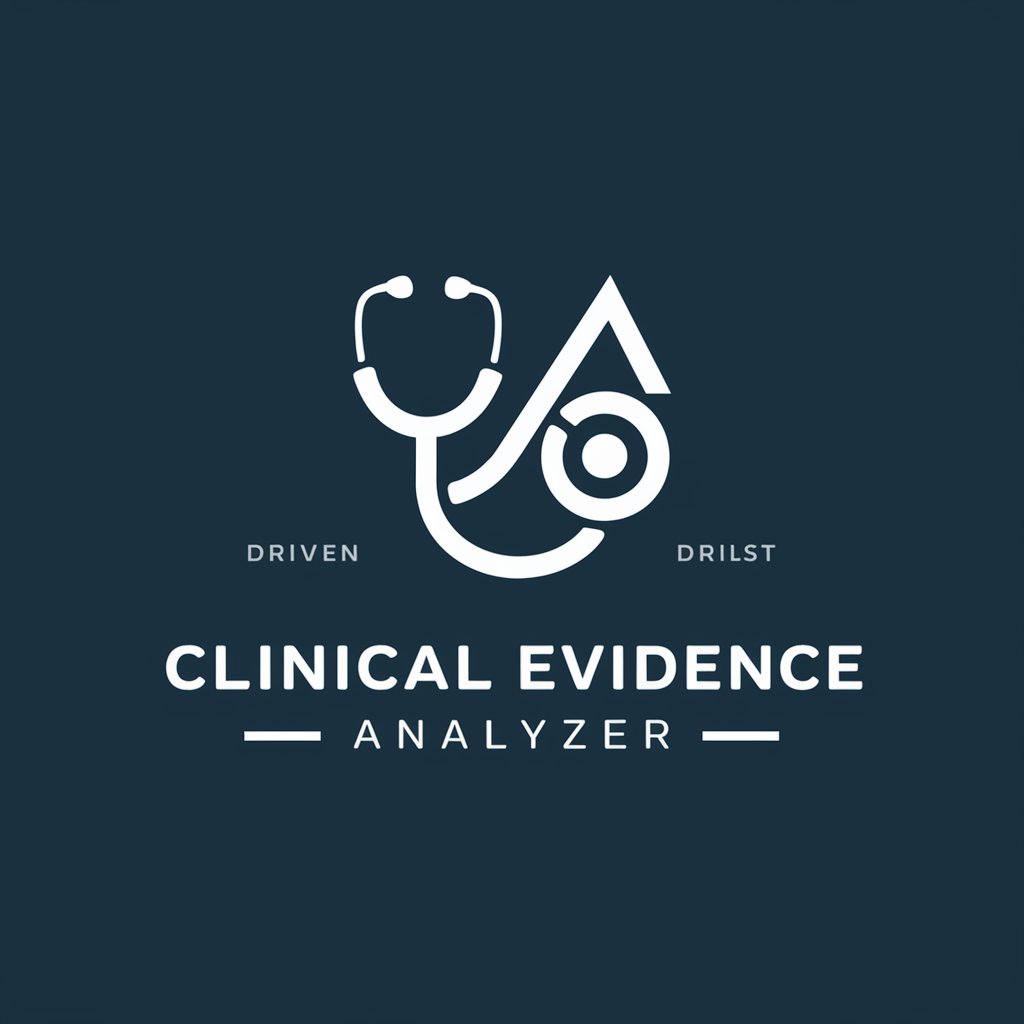
USMLE Step 2 CK
Ace the USMLE with AI-powered guidance

ProtoRev
Revolutionizing Protocol Review with AI
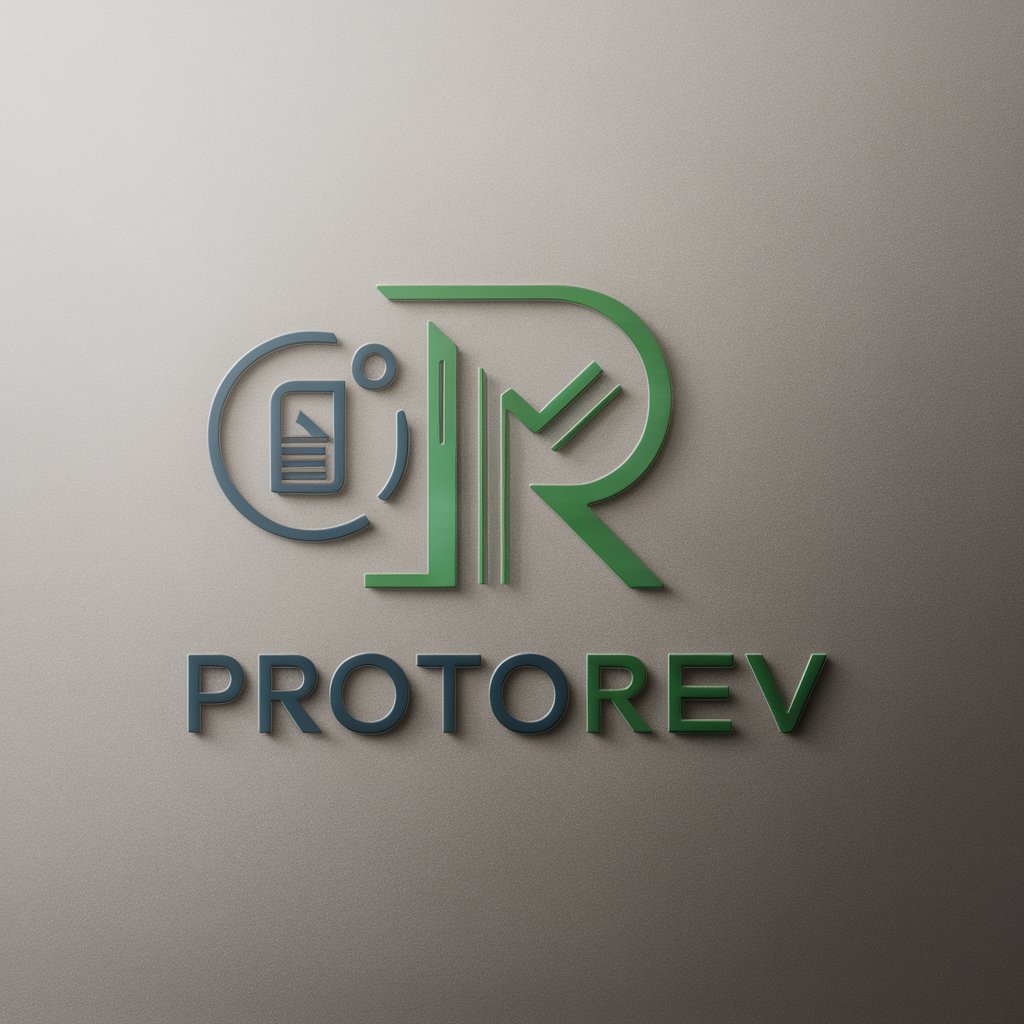
MediDoc AnalystGPT
Transforming Healthcare with AI-Powered Insights
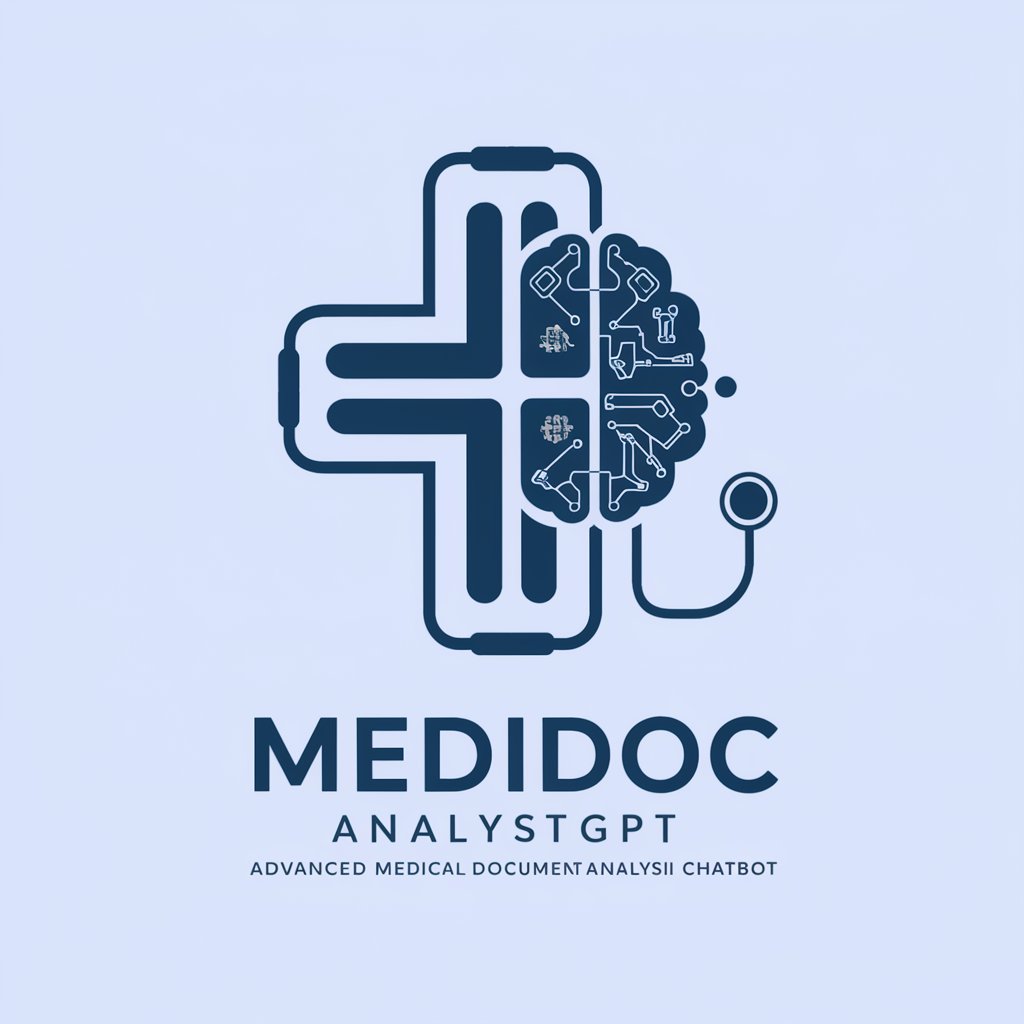
Respiratory SCE Tutor
Master Respiratory Medicine with AI

MediSummary
AI-Powered Medical Insight at Your Fingertips
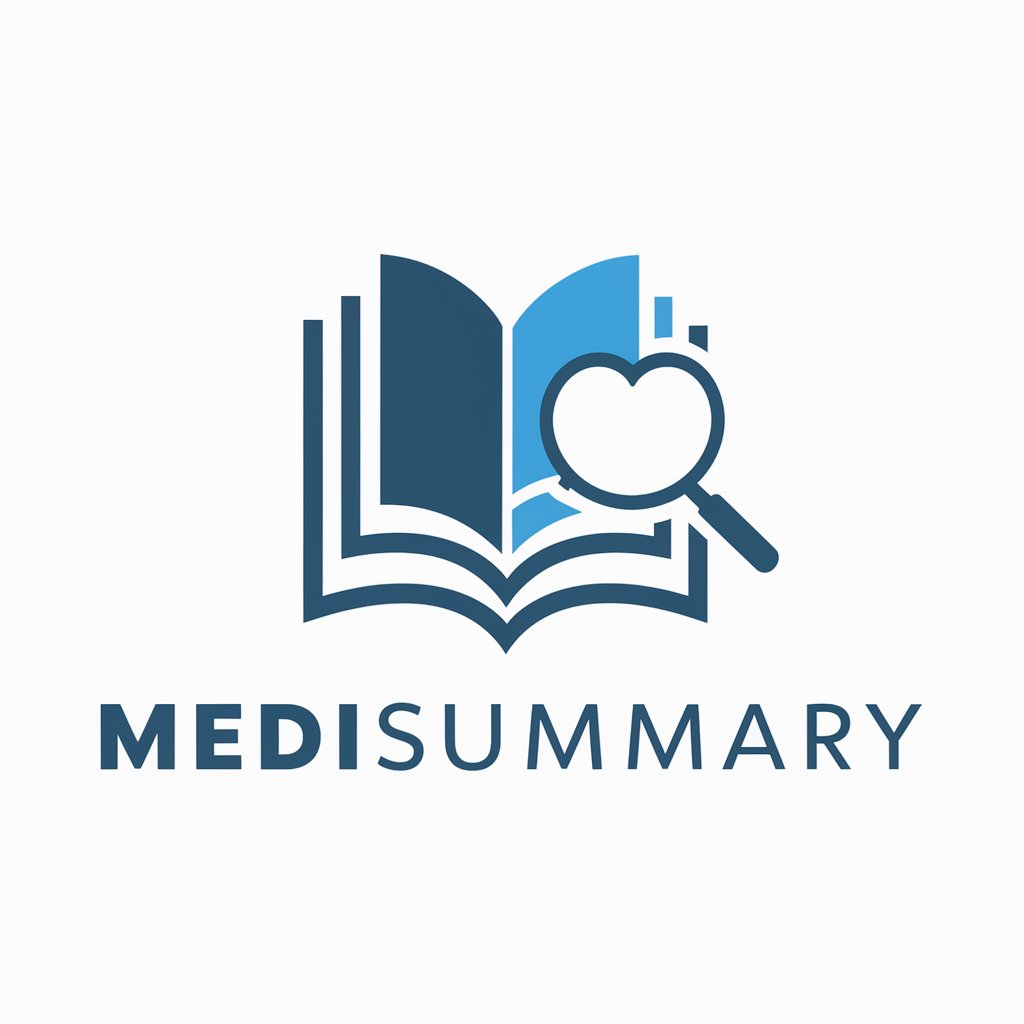
Rad Peer Reviewer
Enhancing Radiology Research with AI
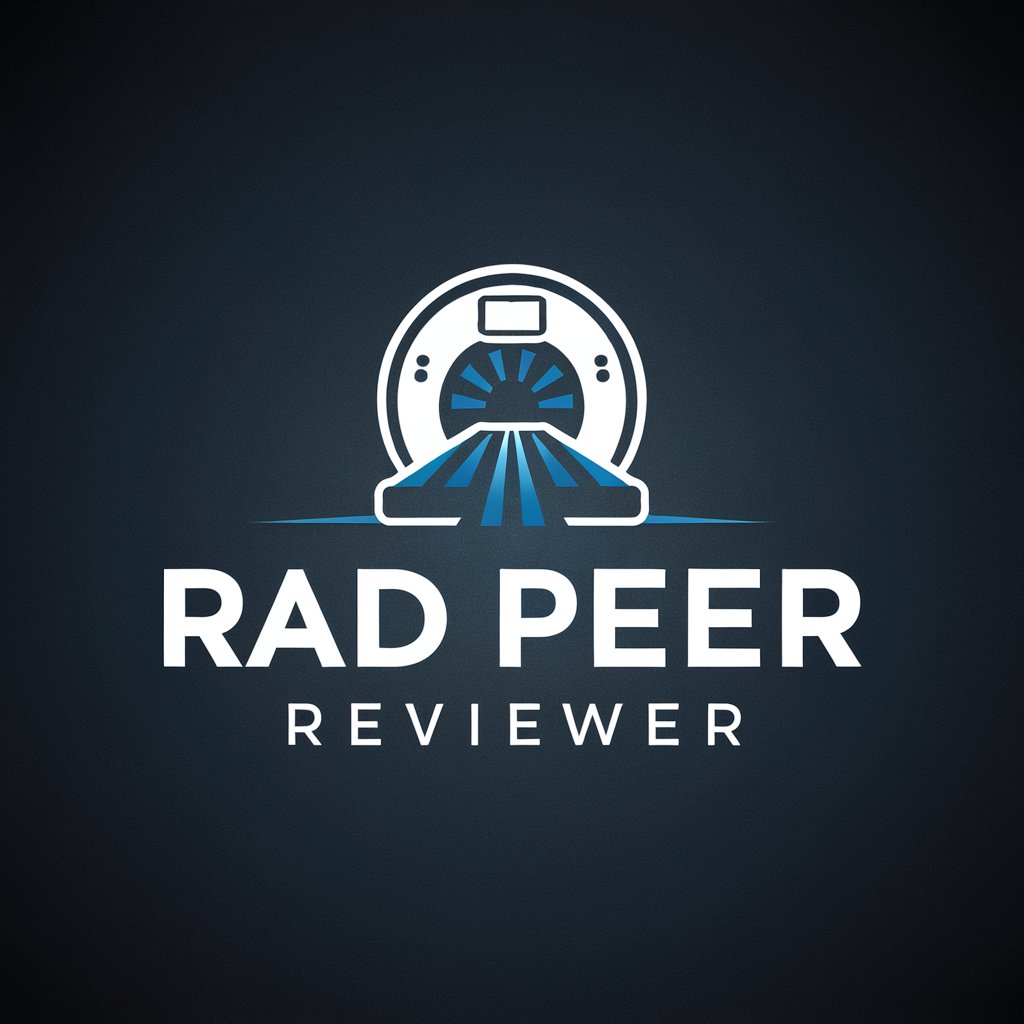
Essential Attributes of AI GPTs in Clinical Reviews
AI GPTs for Clinical Review stand out for their ability to process and analyze vast amounts of text-based medical data with high accuracy. Core features include natural language processing (NLP) for understanding medical terminology, adaptability to different clinical contexts, and the capability for deep learning from medical literature. These tools support language learning, technical assistance, web searching, image generation, and data analysis, making them versatile in addressing complex clinical review tasks.
Who Benefits from Clinical Review AI Tools
The primary users of AI GPTs for Clinical Review include healthcare professionals, medical researchers, and clinical data analysts. These tools are designed to be user-friendly for novices without coding skills, offering intuitive interfaces and guidance. Simultaneously, they provide robust customization options for developers and tech-savvy users in the medical field, facilitating a wide range of clinical applications.
Try Our other AI GPTs tools for Free
Protocol Optimization
Discover how AI GPTs for Protocol Optimization leverage advanced AI to streamline processes, offering tailored, efficient solutions across various domains.
Achievement Tracking
Discover how AI GPTs for Achievement Tracking can transform your goal-setting and performance analysis, offering personalized insights and strategies for optimal productivity.
Whimsical Design
Discover how AI GPTs for Whimsical Design are revolutionizing creativity, offering unique solutions for imaginative projects with user-friendly tools tailored for designers and hobbyists alike.
Skill Analysis
Discover how AI GPTs for Skill Analysis can transform your learning and development strategy with personalized, efficient, and scalable solutions.
Song Adaptation
Discover the transformative power of AI GPTs for Song Adaptation, your gateway to innovative and personalized music creation. Dive into a world where technology meets creativity.
Repertoire Expansion
Explore how AI GPTs for Repertoire Expansion can transform your learning and professional growth with tailored, intelligent solutions designed to enhance skills and knowledge across a wide range of fields.
Enhanced Perspectives on AI GPTs in Clinical Reviews
AI GPTs for Clinical Review redefine the approach to clinical data management, offering scalable, intelligent solutions. Their user-friendly interfaces and integration capabilities make them a pivotal addition to modern healthcare ecosystems, streamlining workflows and enhancing data-driven decision-making processes.
Frequently Asked Questions
What are AI GPTs for Clinical Review?
AI GPTs for Clinical Review are AI-driven tools that use Generative Pre-trained Transformers to assist in analyzing and interpreting clinical data, enhancing the efficiency and accuracy of medical reviews.
How do these AI tools aid in clinical data analysis?
They automate the processing of large volumes of text-based data, understand complex medical terminology, and provide insights and summaries, significantly reducing manual review time.
Can non-technical staff use AI GPTs effectively?
Yes, these tools are designed with user-friendly interfaces that do not require coding knowledge, making them accessible to healthcare professionals and clinical staff.
Are there customization options for tech-savvy users?
Absolutely, developers and users with programming skills can customize these tools for specific clinical review tasks, leveraging APIs and advanced settings for tailored solutions.
Do AI GPTs for Clinical Review support image analysis?
While primarily focused on text, some AI GPTs include capabilities for image generation and basic analysis, aiding in the interpretation of data visualizations and charts common in clinical studies.
How do these tools integrate with existing clinical systems?
AI GPTs for Clinical Review are designed for easy integration with existing healthcare systems and databases, facilitating seamless data exchange and workflow enhancement.
What makes AI GPTs different from traditional software in clinical reviews?
Their advanced NLP capabilities, adaptability, and ability to learn from medical literature set them apart, offering a more dynamic and insightful review process compared to traditional software.
Can AI GPTs for Clinical Review predict clinical outcomes?
While not primarily predictive tools, they can analyze historical data and literature to support decision-making and hypothesis generation, contributing to outcome predictions.